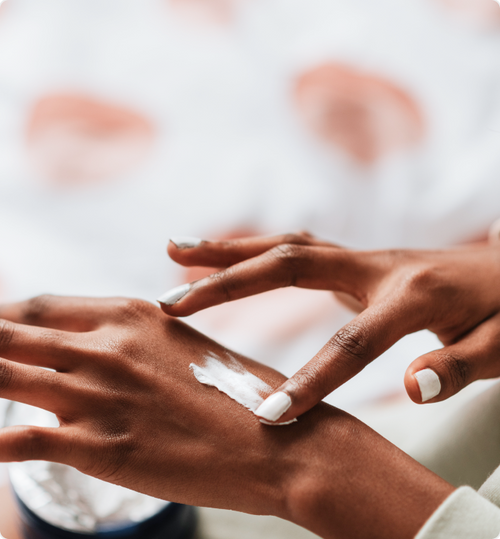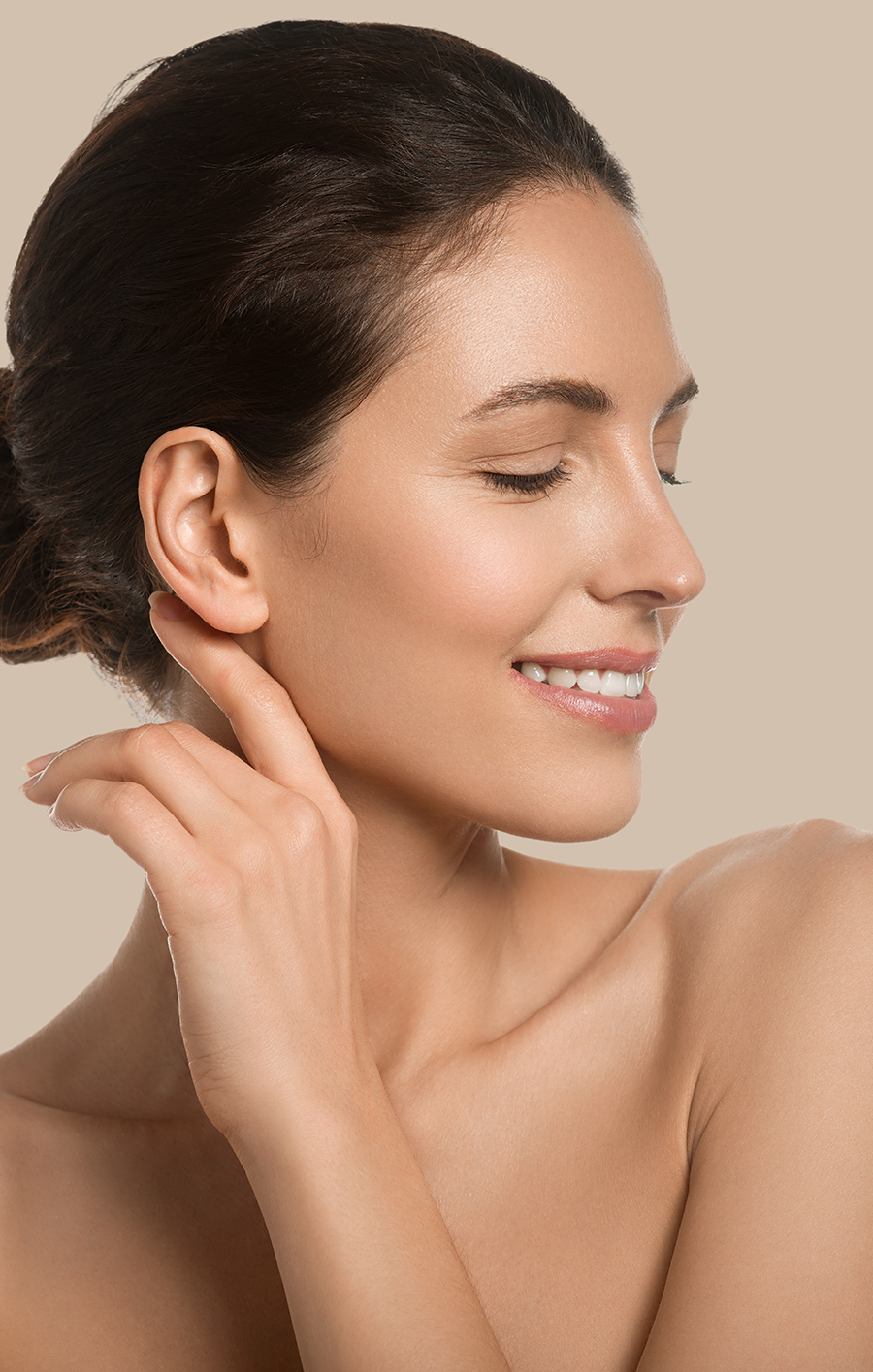How Skin Changes as We Age
Aging skin is an entirely normal process that will affect us all. But what causes skin to age, how does it change as we age, and what can we do to help slow down the process? That is why we've written this blog; to answer those questions, and more, about how skin changes as we age.
What Causes Skin to Age?
Aging is a natural process we all go through, and our skin is no exception. As we mature, our skin changes, such as wrinkles, fine lines, and age spots. While some changes are a natural part of aging, others result from external factors. Here are some of the most common causes of aging skin.
- Genetics: Our genes play a significant role in determining our skin type and its characteristics. For example, some people may have naturally thicker or more elastic skin, while others may be more prone to wrinkles or sagging.
- Lifestyle habits: Our daily habits can also impact the health and appearance of our skin. Smoking, alcohol consumption, and a poor diet can all contribute to premature aging of the skin.
- Sun exposure: Exposure to UV radiation from the sun can cause significant damage to the skin, leading to wrinkles, age spots, and an increased risk of skin cancer.
- Environmental factors: Pollution, toxins, and other environmental factors can also damage the skin and accelerate the aging process.
How Skin Changes as We Age
As we age, our skin undergoes several changes that can impact its appearance and health. Some of the most common changes include:
- Thinning of the skin: As we age, the skin becomes thinner and more fragile, which can make it more prone to bruising, tearing, and other types of damage.
- Loss of elasticity: The skin loses its elasticity as we age, which can lead to wrinkles, sagging, and other signs of aging.
- Dryness: Older skin tends to be drier than younger skin, which can make it more prone to cracking, flaking, and irritation.
- Age spots: As we age, we may develop age spots or liver spots, which are flat, brown spots that appear on the skin.
- Uneven skin tone: Aging can also cause the skin to develop an uneven tone, with areas of hyperpigmentation or dark spots.
- Increased risk of skin cancer: As we age, our skin becomes more vulnerable to the harmful effects of UV radiation, which can increase the risk of skin cancer.
What Damages Skin?
Understanding the kinds of external factors that can affect the speed at which our skin ages can help inform our lifestyle choices. Some of the most common factors that can damage the skin include:
- Sun exposure: Exposure to UV radiation from the sun can cause significant damage to the skin, leading to wrinkles, age spots, and an increased risk of skin cancer.
- Smoking: Smoking can cause significant damage to the skin, including wrinkles, sagging, and a dull, uneven complexion.
- Alcohol consumption: Alcohol can dehydrate the skin, making it more prone to damage and premature aging.
- Poor diet: A diet that is high in processed foods, sugar, and unhealthy fats can contribute to skin damage and premature aging.
- Environmental toxins: Exposure to pollution, toxins, and other environmental factors can damage the skin and accelerate the aging process.
- Dehydration: a lack of moisture in our body can lead to dry, cracked skin that ages more quickly as it is more prone to damage. Hydration is crucial for the health and vibrancy of our skin.
How to Keep Your Skin Healthy as You Age
While we can't stop the aging process, there are several things we can do to keep our skin healthy and vibrant as we age. Some tips for healthy aging skin include:
- Protect your skin from the sun: Wear protective clothing, such as hats and long sleeves, and use sunscreen with an SPF of at least 30 when spending time outdoors.
- Quit smoking: Smoking can cause significant damage to the skin, so quitting smoking can help to improve your skin's health and appearance.
- Limit alcohol consumption: Drinking in moderation or abstaining from alcohol altogether can help to keep your skin hydrated and healthy.
- Eat a healthy diet: A diet that is rich in fruits, vegetables, whole grains, and lean proteins can provide your skin with the nutrients it needs to stay healthy and vibrant.
- Stay hydrated: Drinking plenty of water can help to keep your skin hydrated and prevent dryness and irritation.
- Use gentle skincare products: Use skincare products that are gentle and appropriate for your skin type. Avoid harsh products that can strip your skin of its natural oils and lead to irritation.
- Moisturize regularly: Moisturizing your skin regularly can help to prevent dryness and irritation, and can also help to reduce the appearance of fine lines and wrinkles.
- Get enough sleep: Getting enough sleep is important for overall health, and can also help to keep your skin looking its best.
- Exercise regularly: Regular exercise can help to improve circulation, which can promote healthy skin and a vibrant complexion.
- Manage stress: Stress can have a negative impact on your skin, so it's important to find ways to manage stress and relax, such as through meditation, yoga, or other stress-reducing activities.
As we age, our skin undergoes several changes, including thinning, loss of elasticity, dryness, and an increased risk of skin cancer. These changes are due to various factors, including genetics, lifestyle habits, and environmental factors. To keep your skin healthy and vibrant as you age, remember to follow the tips outlined above. By following these tips, you can help to keep your skin looking and feeling its best as you age.
Ready to find the best skincare products for aging skin? Browse our collection of skincare for mature skin here.







Leave a comment